KATHMANDU: “Mountains know secrets we need to learn. That it might take time, it might be hard; but, if you just hold on long enough, you will find the strength to rise up.”
This famous quote of Tylor Knott is relevant in mountaineer Mingma Dorchi Sherpa’s life and understanding of mountains.
The mountains to him are not the lifeless objects, they are the organisms responding in their own way and teaching the lesson of patience, perseverance, and hard work.
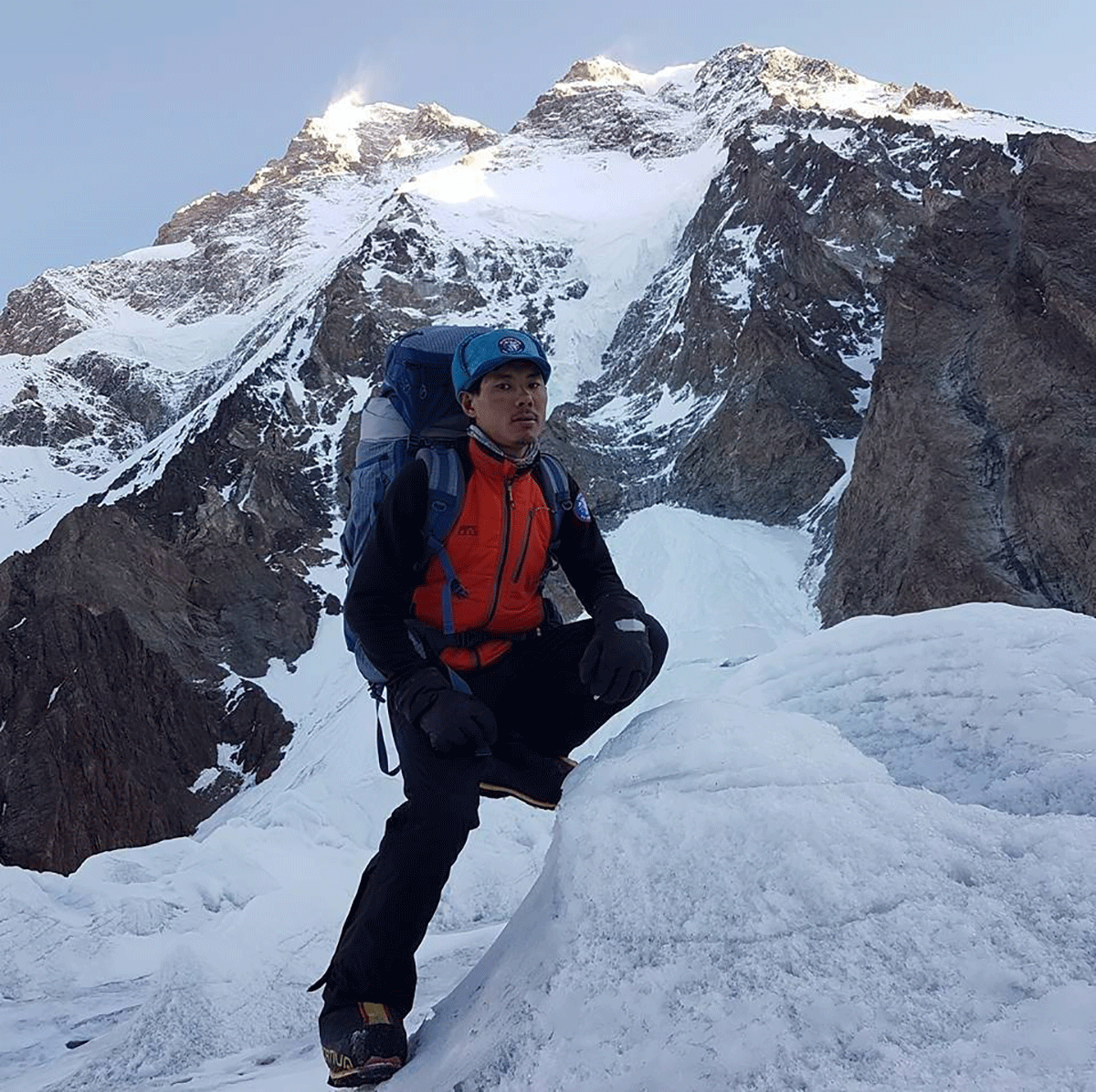
Mingma Dorchi Sherpa, now 32, discarded his tea shop in Makalu -2, Sankhuwasabha and came to Kathmandu hoping for a better quality life in the city in 2008. But the glamour of city life was cast down by the struggle he had to make here.
Rather than giving up, he decided to try his luck with the mountains, the Himalayas they have been praying as their saviors.
In 2009, when Mingma Dochi was 22 years, he got the chance to climb Mt. Everest, but it seemed fate wanted him to have a further trial. His attempt could not be successful. He failed to atop Everest.
This failure did not take him away from the mountains, it rather challenged the guts in him and tempted him to try further making him a successful mountaineer now with the record of 20 ascents in different mountains.
Mingma scaled Amadabalam in 2010 and Everest in 2011 which established him in the world of mountaineering.
He has left his successful footprints in Mt. Everest (5 times), Mt. Lhotse (3 times), Mt. Manaslu (3 times), Mt. K2 (2 times), Mt. Amadablam (2 times), Mt. Dhaulagiri and many others.
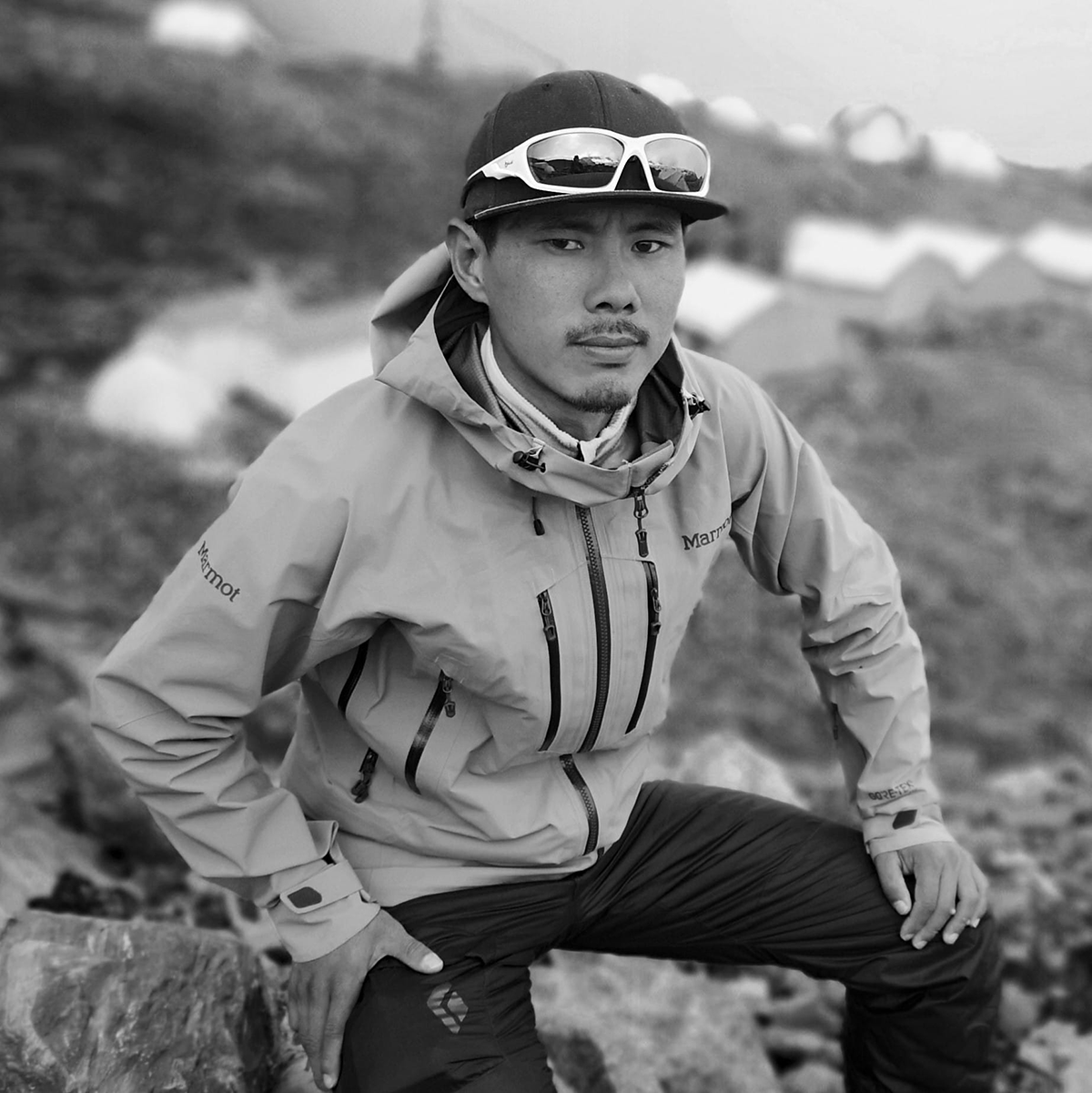
Mingma has ascended nine 8000ers so far.
This year, he has scripted his name in the history of Mountaineering climbing Mt Everest and Lhotse (summit to summit) in six hours and one minute breaking the previous records of 10 hours. He climbed Everest at 12:44 AM on May 27 and then climbed Lhotse at 6:45 AM on May 27.
Likewise, Mingma has also attempted the three peaks including Everest, Lhotse, and Makalu in 54 hours and 25 minutes which is awaiting its endorsement for a world record.
He climbed Makalu at 7:09 PM on May 29. Mingma climbed all these peaks without a guide.
When he reached the summit of Mt Everest in 2011, with the first civil servant group of Nepal government, he felt so happy to find more facts about mountains.
“I thought the summit was sloppy and stiff” he shared his experience to Khabarhub, “and wondered how people accommodate on the summit on that dangerous peak.” But when he reached on top, he found the summit has a tiny flat area where people could stay and take photos of their unforgettable moments.
Mingma says every person who reaches the top of Everest thinks he is the greatest man.
“I am the greatest man on Earth, I thought while at the top,” he shared his feelings and still jubilant added, “If I jump a little bit I can touch the sky, I felt.” He felt he was very close to the sky, the clouds could be seen below him.
Every mountaineer dreams of some records in mountains. I also wanted to take part in the race of record-keeping.
“If others can set records in the mountains, why not me? I asked myself and set for the record,” Mingma recalled the catalyst to devote him more in mountains, “the success in the mountains will give me both name and fame, I would be remembered by a larger community.”
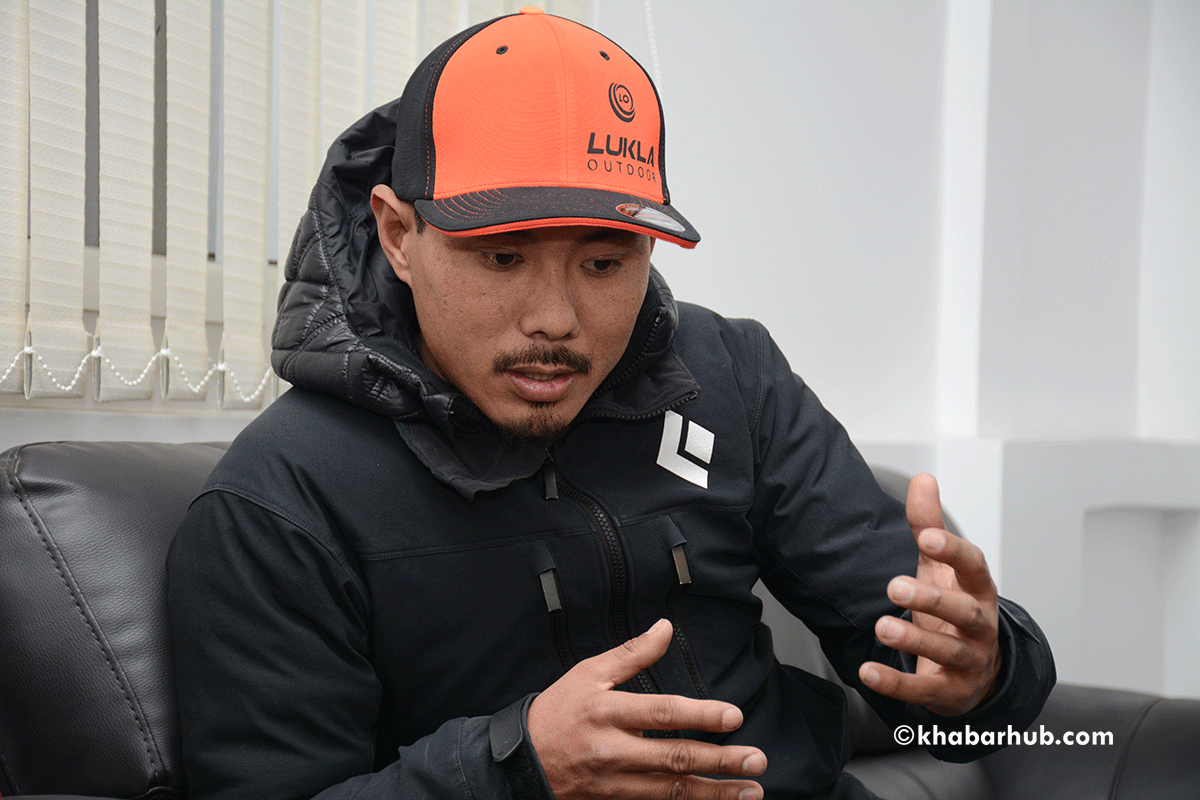
However, Mingma is aware that his records will be broken by the future climbers. He has an open heart in this matter as well. “As I broke the records set by others, someday some more people will set new records in the event I take pride now,” Mingma says while talking to Khabarhub. He adds, “I could climb Everest in less than 6 hours if I didn’t stay 25 minutes in camp IV.”
If he gets the economic support, he wants to break the record of Project Possible. Under the project, 14 peaks have been climbed within seven months.
Quite confident and optimistic, he says “If we do not, who else will do it”.
Mingma is delighted to be a part of the successful mission of many climbers. “Our ancestors used to say, it is dharma (noble) to make others happy. So I feel happy doing dharma to the climbers.” Mingma speaks in a satisfied tone, adding, “When they are happy that they reached the summit, my joy doubles.”
He also believes that more than 60 percent of people in Nepal are directly and indirectly connected to the tourism industry. The government needs to promote and monitor.
Though not an ecologist, like other environment campaigners Mingma is also concerned about the changes resulted from climate change.
Mingma has noticed the impacts of global warming in the Everest region. “Now, the Khumbu Glacier has come out with the rocky part and becomes less dangerous than earlier and now there is less chance of avalanche.” He describes the noticeable changes in the region.
This experienced climber cum reliable guide has some bitter experiences with his clients though.
“When they are unfit to climb more, they are forced to get down; when they get down and become resilient,” Mingma shares his cause of unhappiness, “they blame the guide and say, ‘Guides get us down, guides were hyper-concerned’ etc. No guides want to make the expedition unsuccessful.”
Now, a proprietor of Pioneer Adventure Treks, he has some guides in reserve so as to cope with an emergency situation in climbing.
He requests the government to categorize the guides according to their experiences and qualifications.
He also believes that more than 60 percent of people in Nepal are directly and indirectly connected to the tourism industry. The government needs to promote and monitor.
Proud of the dignity, diversity and the opportunity the mountains have brought, he says, “Mountains are our identity, prosperity and sovereignty.”

However, he is alarmed at the possible scarcity of guides in the next 10 years. So the government needs to think about it. “If we do not think it now,” he speaks meditatively, “there will be lots of problems in mountaineering sectors and government might lose millions of rupees as revenue.”
Like many hardworking Sherpa’s who have made climbing their source of livelihood, he is concerned about the negative image caused by the illegal activities and fake news about mountains and mountaineering.
“Any illegal news happening in the mountains might destroy mountaineering tourism, so we must be united to stop such activities.” He says.
As the saying about adventures in Nepal goes, he also believes in ‘once is not enough’ and now wants to set his foot in all 14 highest peaks in the world.


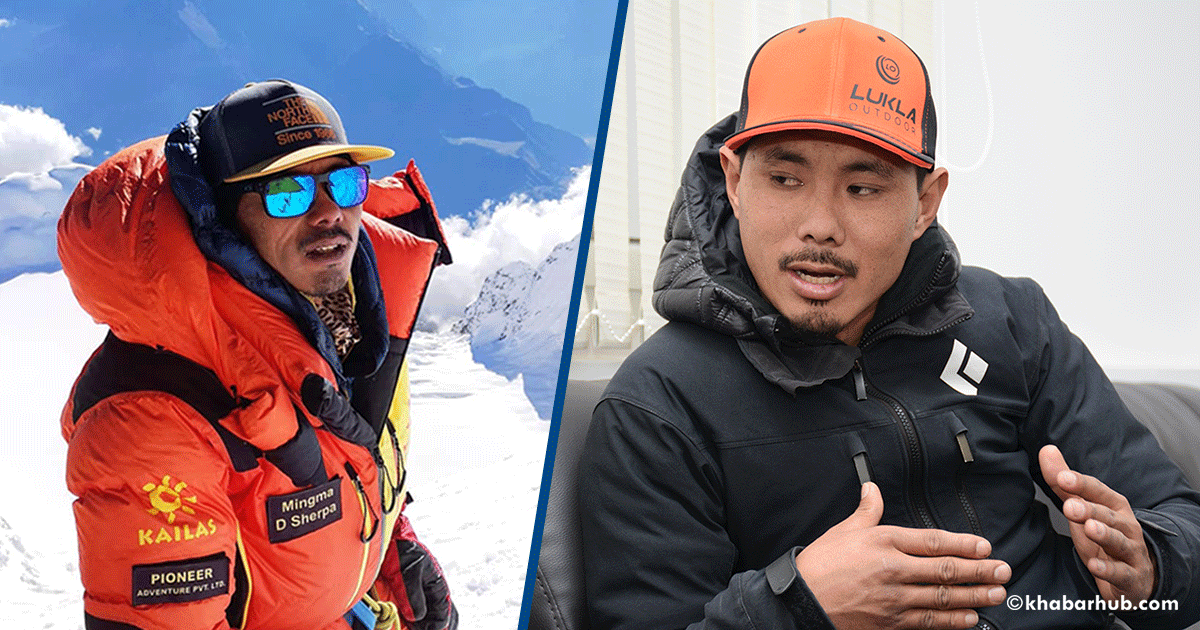
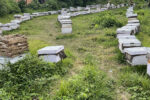
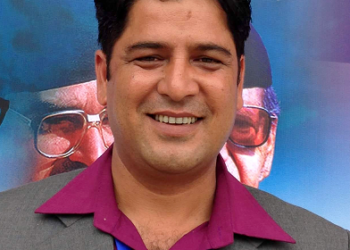
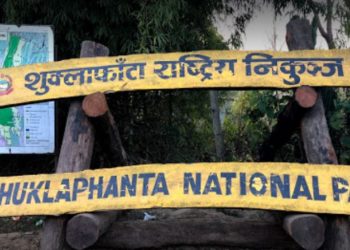

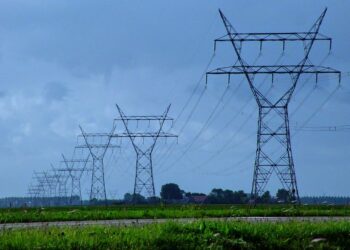

Comment